 The Sacred Guardians Series Box Set: Books 1-4 Omnibus
The Sacred Guardians Series Box Set: Books 1-4 Omnibus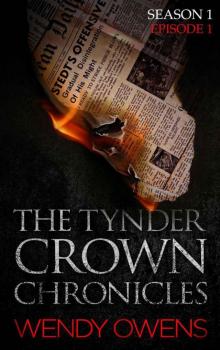 The Tynder Crown Chronicles, Season One: Episode One: The Tynder Crown Chronicles (The Tynder Crown Chronicles, A Novella Series Book 1)
The Tynder Crown Chronicles, Season One: Episode One: The Tynder Crown Chronicles (The Tynder Crown Chronicles, A Novella Series Book 1)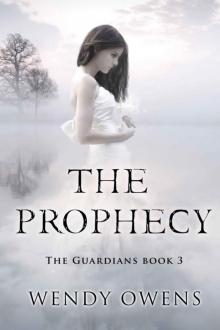 The Prophecy (The Guardians)
The Prophecy (The Guardians)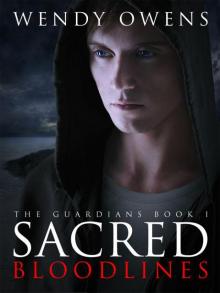 Sacred Bloodlines (The Guardians)
Sacred Bloodlines (The Guardians)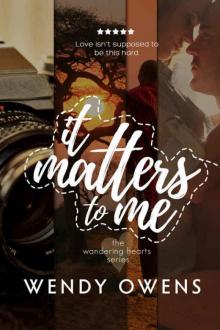 It Matters To Me (The Wandering Hearts Book 2)
It Matters To Me (The Wandering Hearts Book 2)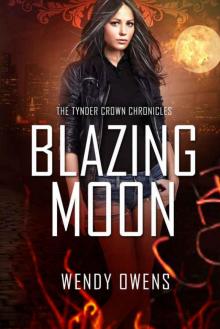 Blazing Moon: An Adult Urban Fantasy (The Tynder Crown Chronicles Book 2)
Blazing Moon: An Adult Urban Fantasy (The Tynder Crown Chronicles Book 2)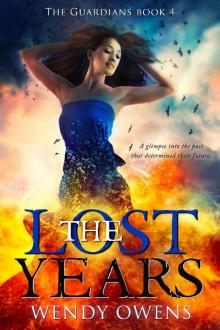 The Lost Years (The Guardians Book 4)
The Lost Years (The Guardians Book 4) The Luckiest
The Luckiest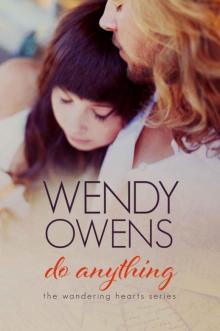 Do Anything
Do Anything The Stubborn Love Series: Books 1-5 Contemporary Romance Series
The Stubborn Love Series: Books 1-5 Contemporary Romance Series Stubborn Love
Stubborn Love